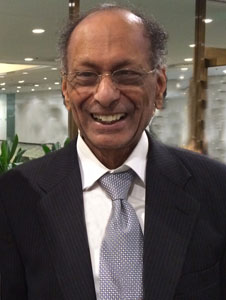
S.V. Babu courtesy of Clarkson University
ECS recently announced the reappointment of S.V. Babu, Distinguished University Professor of Chemical and Biomolecular Engineering in Clarkson University’s Wallace H. Coulter School of Engineering, to its Editorial Advisory Committee (EAC).
The EAC expedites and facilitates evaluation and publication decisions of manuscripts submitted to ECS journals. In this role, experts like Prof. Babu, provide support to the journal editors in areas where existing technical editors and associate editors may need additional assistance. Committee members are available for a rapid review and additional opinions to supplement conflicting or imbalanced comments from other reviewers; processing assistance in the journal areas that receive a large number of annual submissions; and reviewing and expediting articles that go in the Society’s other communications media.
Babu is the past director of Clarkson’s Center for Advanced Materials Processing and an expert in the field of chemical-mechanical planarization (CMP), holding 31 patents. He has supervised 44 PhD and 38 MS students and is a co-author of more than 250 professional publications, including 198 peer-reviewed publications. He has organized and co-organized many conferences and symposiums, as well as served as keynote speaker numerous times. He has been named twice with the IBM Faculty Award (2004 and 2016), and acknowledgement of his contributions to education and research from Intel, The Chinese Academy of Sciences, and the World Education Congress among other external recognition.


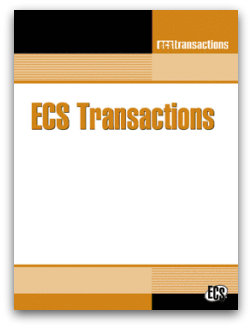 ECS Transactions 77(11) “
ECS Transactions 77(11) “
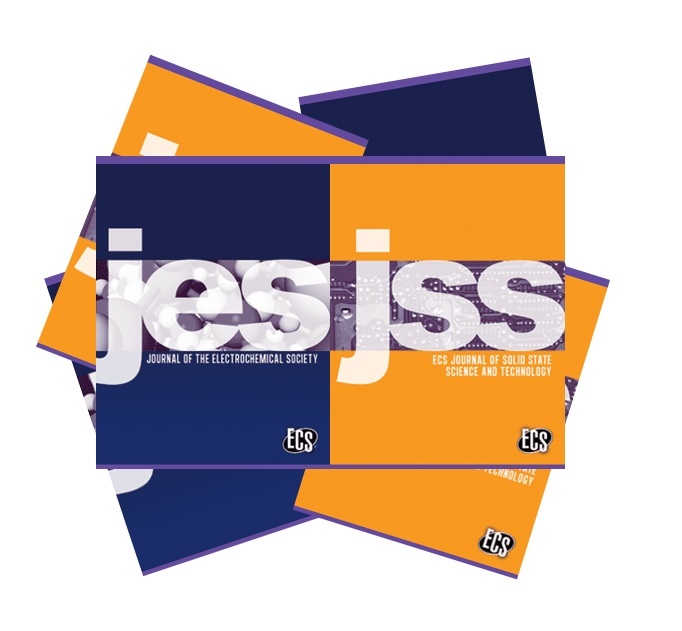 The journal impact factors (JIFs) for 2016 have been released, and ECS is pleased to announce that the JIFs for the
The journal impact factors (JIFs) for 2016 have been released, and ECS is pleased to announce that the JIFs for the 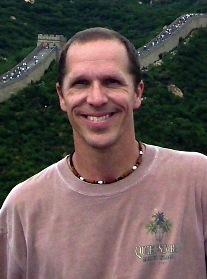 Brett Lucht is a professor of chemistry at the University of Rhode Island, where his research focuses on organic materials chemistry. Lucht’s research includes the development of novel electrolytes for lithium-ion batteries and other efforts to improve the performance of electrolytes for electric vehicles. Lucht has recently been named associate editor for the
Brett Lucht is a professor of chemistry at the University of Rhode Island, where his research focuses on organic materials chemistry. Lucht’s research includes the development of novel electrolytes for lithium-ion batteries and other efforts to improve the performance of electrolytes for electric vehicles. Lucht has recently been named associate editor for the 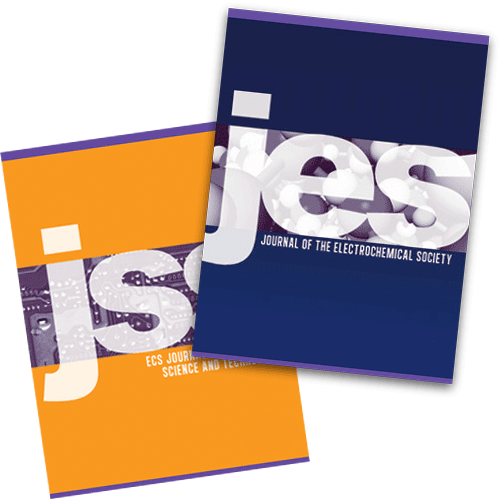 ECS believes that the key to sustainability is the ability to adapt. For over
ECS believes that the key to sustainability is the ability to adapt. For over 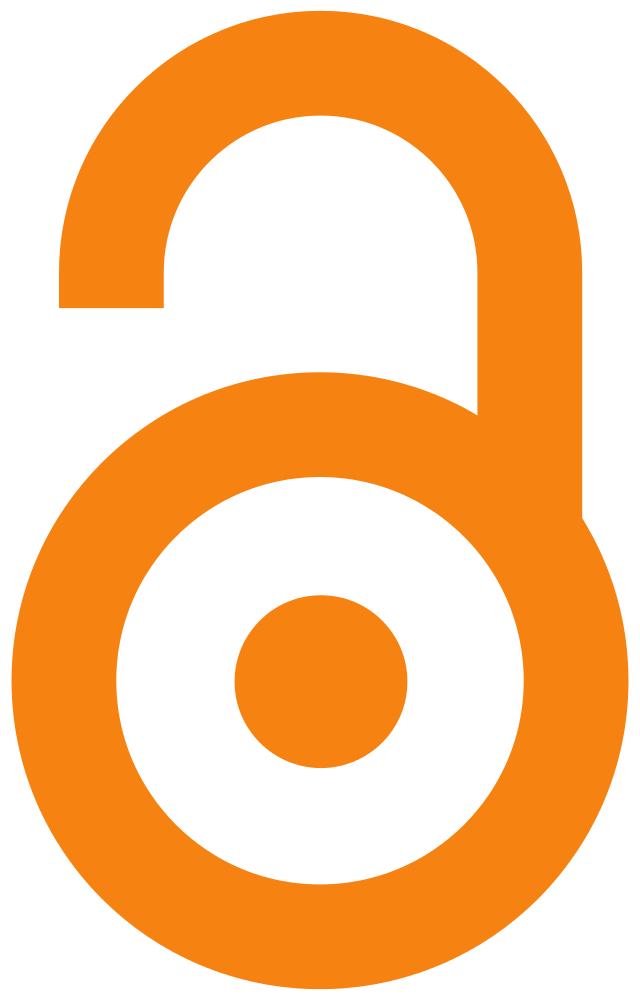 On June 21, publishing giant Elsevier won a legal judgement against websites like Sci-Hub, which illicitly offer access to over 60 million academic articles. The court ruled in Elsevier’s favor, awarding the publisher $15 million in damages for copyright infringement.
On June 21, publishing giant Elsevier won a legal judgement against websites like Sci-Hub, which illicitly offer access to over 60 million academic articles. The court ruled in Elsevier’s favor, awarding the publisher $15 million in damages for copyright infringement.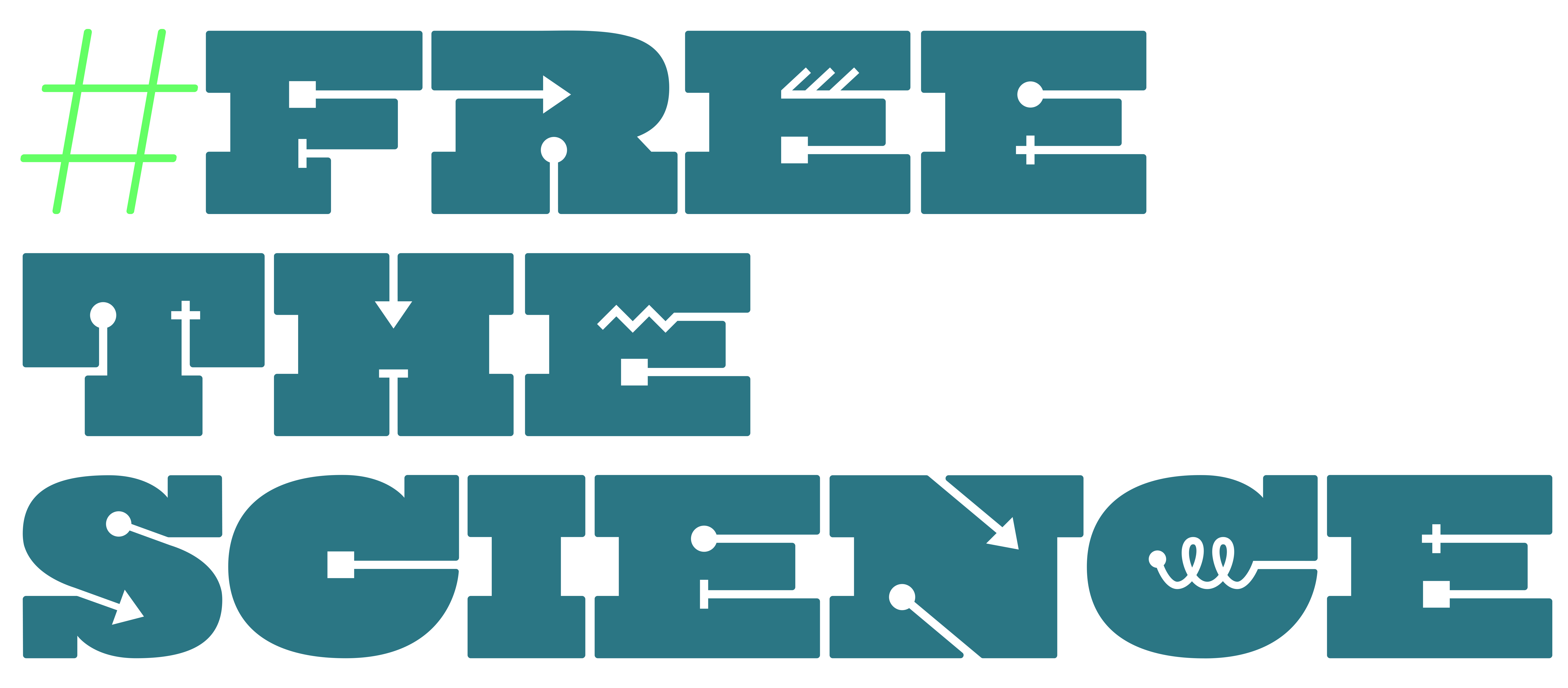 Sci-Hub launched a few years back when Alexandra Elbakyan of Kazakhstan was struggling to find affordable and relevant research through her institution. Fast forward to 2017 and Sci-Hub serves as one of the most common sites that seeks to circumvent paywalls and provide access to scholarly literature.
Sci-Hub launched a few years back when Alexandra Elbakyan of Kazakhstan was struggling to find affordable and relevant research through her institution. Fast forward to 2017 and Sci-Hub serves as one of the most common sites that seeks to circumvent paywalls and provide access to scholarly literature.